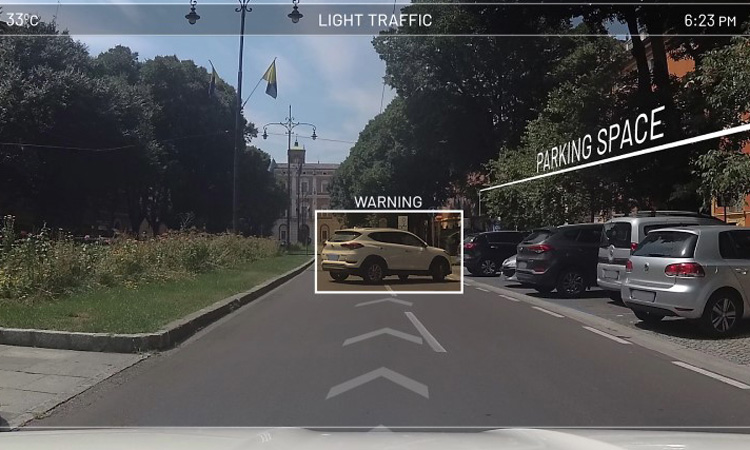CLASS project tests new connected car tech designed to power smart cities
- Like
- Digg
- Del
- Tumblr
- VKontakte
- Buffer
- Love This
- Odnoklassniki
- Meneame
- Blogger
- Amazon
- Yahoo Mail
- Gmail
- AOL
- Newsvine
- HackerNews
- Evernote
- MySpace
- Mail.ru
- Viadeo
- Line
- Comments
- Yummly
- SMS
- Viber
- Telegram
- Subscribe
- Skype
- Facebook Messenger
- Kakao
- LiveJournal
- Yammer
- Edgar
- Fintel
- Mix
- Instapaper
- Copy Link
Posted: 17 December 2019 | Sam Mehmet (Intelligent Transport)
The software architecture developed by the CLASS project aims to provide a solution to the problems of managing extremely large amounts of complex data in real time, such as that of pedestrians, traffic and vehicles.


Software technology developed by the European project CLASS has been tested on connected cars in the Modena Automotive Smart Area (MASA), an urban laboratory in northern Italy. The CLASS framework is designed to power smart city applications, from digital traffic signs and smart parking to air pollution simulation and pedestrian avoidance applications.
Allowing the execution of big data analytics under real-time constraints, the CLASS software architecture aims to provide a solution to the problems of managing complex data in real time. Data-in-motion and data-at-rest analytics are said to be integrated into a single development framework, which works with real-time guarantees.
“It’s thrilling to see our technology powering the smart city use cases which will make our urban areas safer and less congested,” said Eduardo Quiñones, Senior Researcher at the Barcelona Supercomputing Center (BSC) and coordinator of the CLASS project. “Thanks to its capacity to process big data analytics under real-time constraints, the CLASS framework is a significant step towards making safe connected vehicles a reality.”
“With the MASA, the city of Modena is combining the proud Italian tradition of high-end cars with the needs of modern smart cities,” said Luca Chiantore, Manager of the department of Smart City, Demographic Services and Participation of the Modena City Council. “We are delighted to be testing out the most innovative smart-city technologies, paving the way towards a truly responsive urban area which will improve quality of life for all citizens.”
Initial tests started generating a knowledge base with combined information of the city and the cars, upon which the following advanced smart city applications are being implemented:
- The digital traffic sign application allows for evaluating and improving real-time traffic conditions by advising on best routes available, for instance in the case of accidents or emergency vehicles
- The air pollution simulation estimates the pollution emissions of the moving vehicles in real-time
- The smart parking gathers and provides real-time data on the available parking lots within the area
- The obstacle detection warns the drivers about pedestrians and objects that appear on their way, even if it is not visible to the car.
Related topics
Connected & Autonomous Vehicles, Intelligent Transport Systems (ITS), IoT (Internet of Things)
Related organisations
Barcelona Supercomputing Center (BSC), Modena Automotive Smart Area (MASA)
Related people
Eduardo Quiñones, Luca Chiantore







